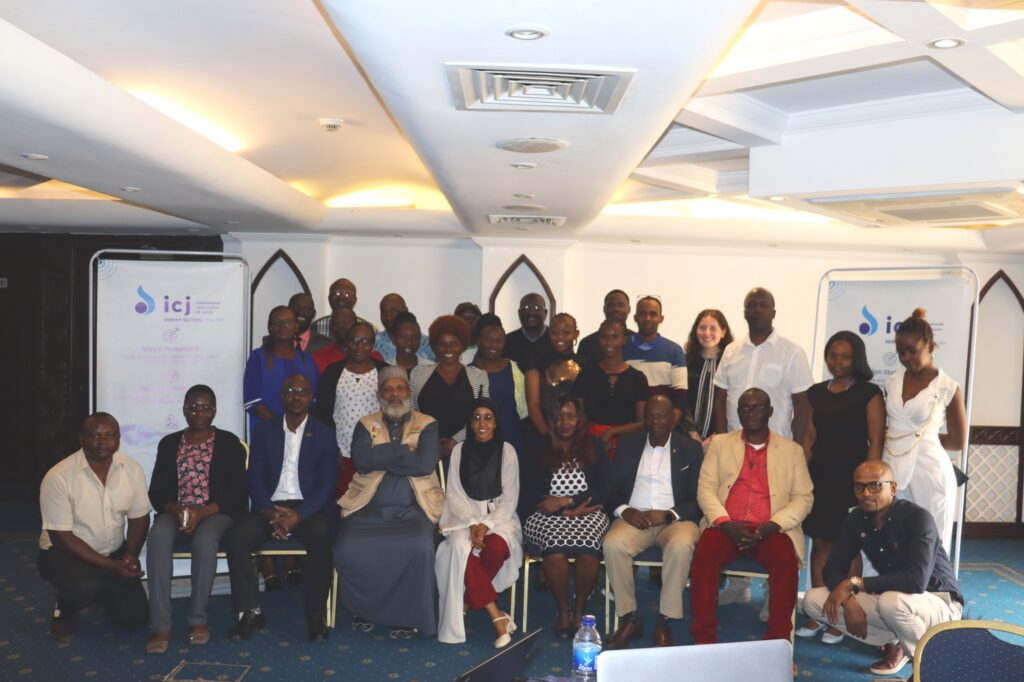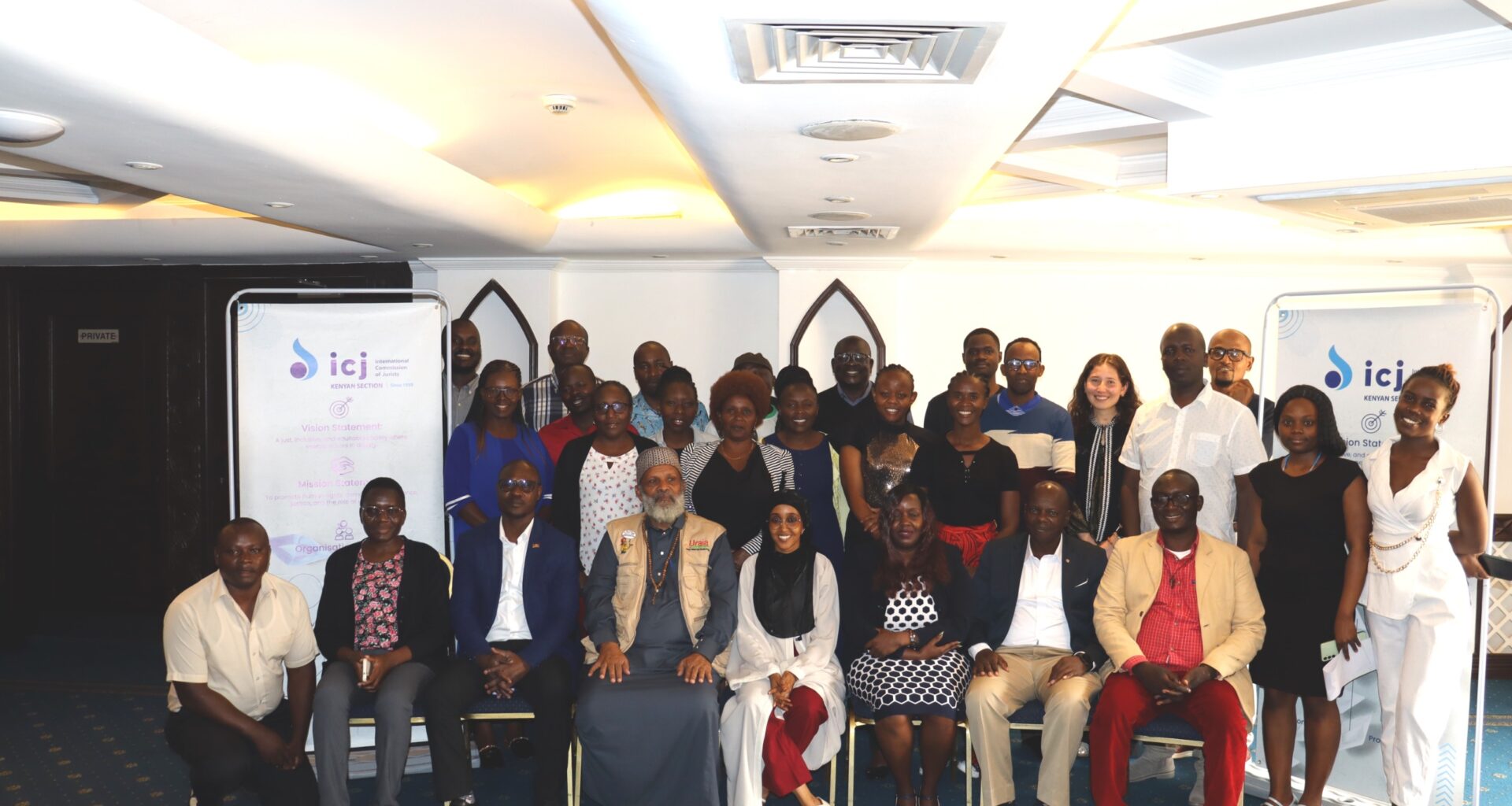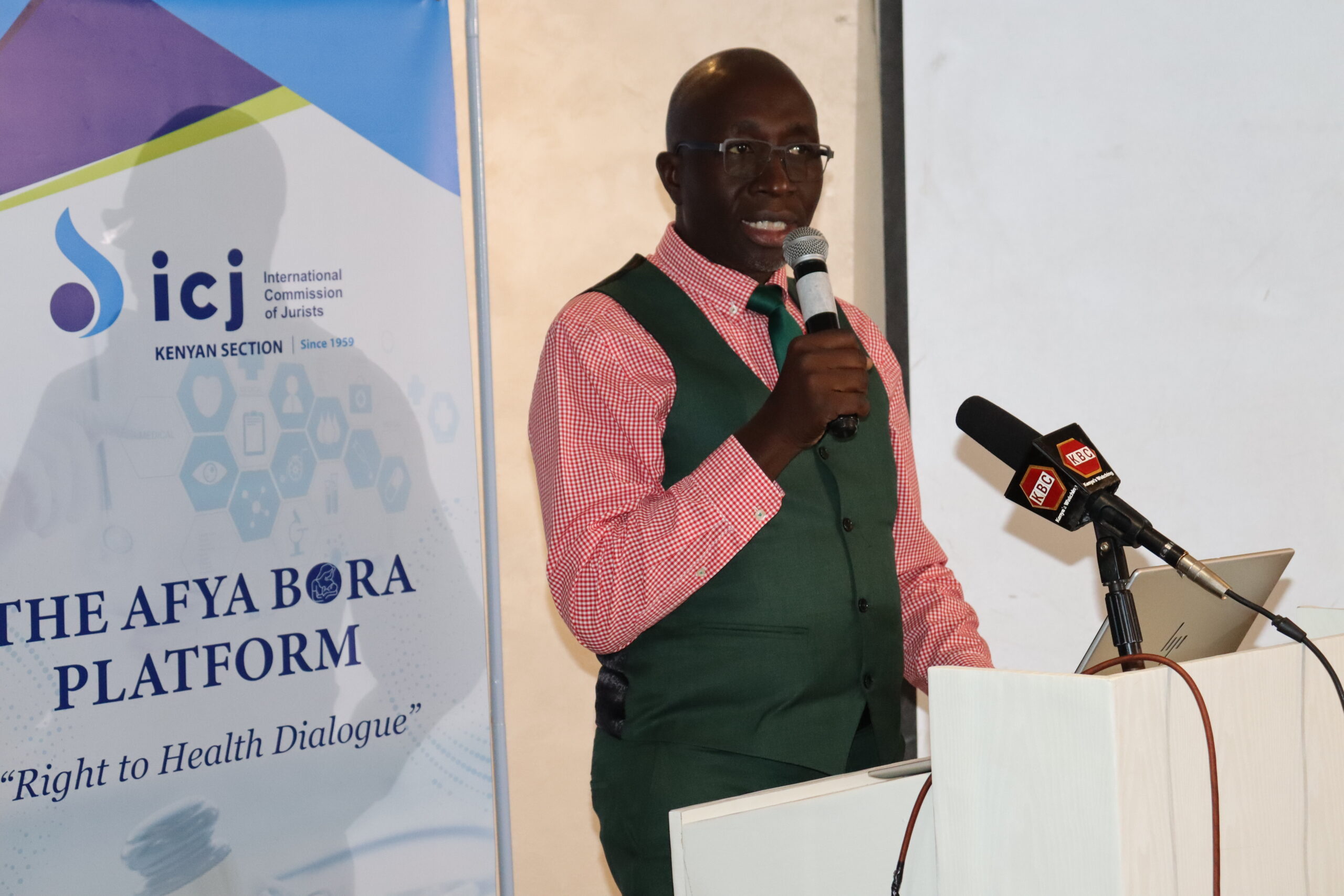NAIROBI, KENYA – The International Commission of Jurists (ICJ) Kenya has successfully conducted a workshop on the right to health, focusing on legal and policy challenges in the healthcare sector.
The training brought together civil society organizations, community-based organizations, community paralegals, health workers, and civic educators to enhance their understanding of healthcare laws and policies, share key findings from ICJ Kenya’s research, and discuss strategies for advocating necessary reforms to improve healthcare service delivery.
The right to health in Kenya has undergone significant transformation, evolving from an undefined concept in legislation and policy to a constitutionally enshrined right. Before the enactment of the 2010 Constitution, the primary legislative framework governing health rights was the Public Health Act, which largely focused on the control of infectious and communicable diseases.
With the promulgation of the 2010 Constitution, a major shift occurred, as Article 43 explicitly guaranteed every Kenyan the right to the highest attainable standard of health. Further strengthening this right, Articles 2(5) and 2(6) incorporated international treaties ratified by Kenya into the country’s legal framework, elevating the status of global health obligations in domestic law.
Additionally, the Constitution introduced devolution in healthcare, moving away from a centralized health system to a devolved structure that placed health service delivery in the hands of county governments.
Beyond the constitutional framework, Kenya has taken further legislative steps, enacting the Health Act of 2017 and implementing policies such as the Kenya Health Policy (2014-2030). The government also developed the Kenya Health Sector Strategic Plan (2018-2023) to guide sector priorities over a five-year period.
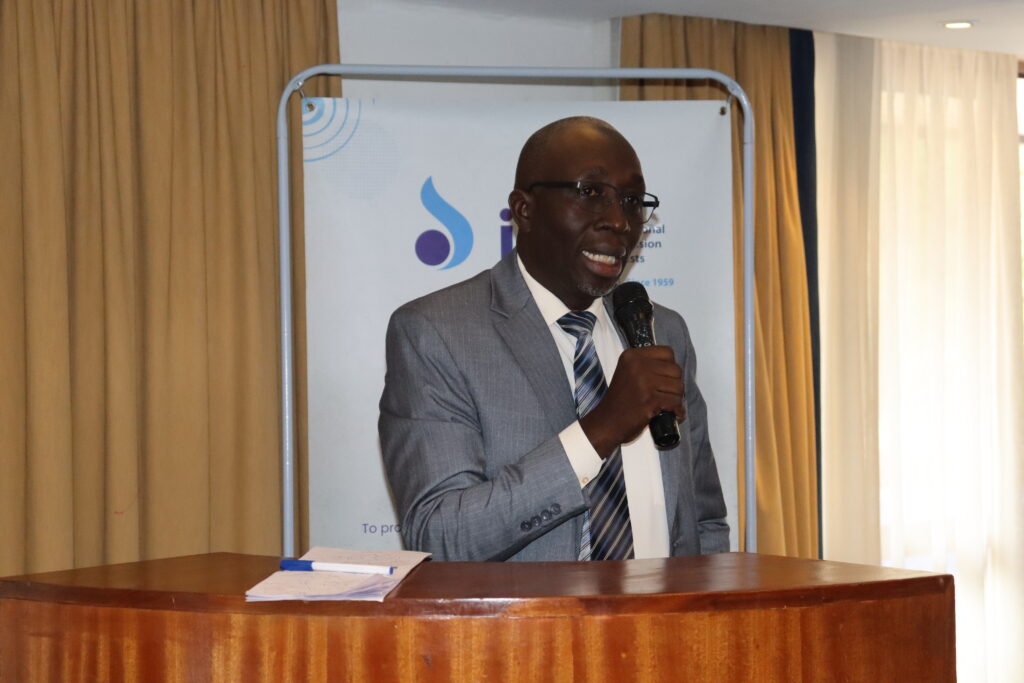
One of Kenya’s most ambitious health initiatives is the Universal Health Coverage (UHC) program, aimed at ensuring all Kenyans can access essential healthcare services without financial hardship.
However, despite its noble objectives, the UHC program has faced numerous challenges, including underfunding, poor prioritization, and systemic inefficiencies. The COVID-19 pandemic further exposed weaknesses in the health sector, delaying progress on UHC implementation.
To strengthen the legal framework for UHC and healthcare financing, the government enacted several new laws in October 2023.
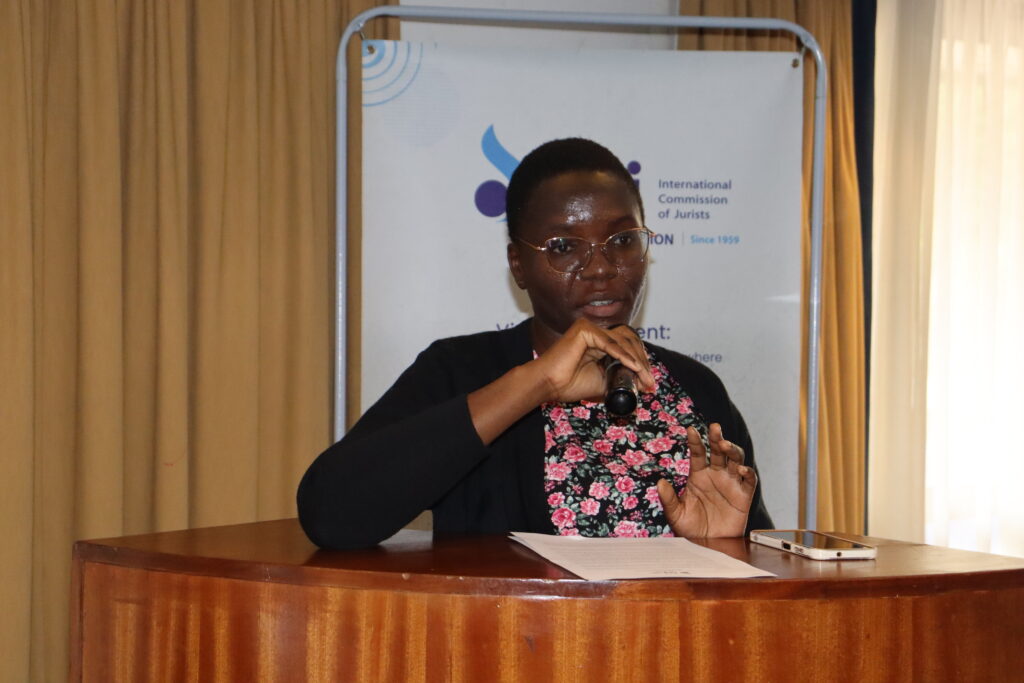
These include the Social Health Insurance Act, the Primary Healthcare Act, the Facility Improvement Financing Act, and the Digital Health Act. The Social Health Insurance Act, which replaces the National Health Insurance Fund (NHIF), establishes the Social Health Authority (SHA) to oversee three new funds: the Social Health Insurance Fund (SHIF), the Primary Healthcare Fund, and the Emergency, Chronic and Critical Illness Fund.
However, the constitutionality of these laws has been challenged in court, with a determination pending before the Court of Appeal.
Despite the progress made, significant challenges remain in Kenya’s healthcare sector. The devolution of health services, while beneficial in many ways, has also been fraught with difficulties, including frequent health worker strikes, poor coordination between national and county governments, and delays in fund transfers. The COVID-19 pandemic further exposed systemic inefficiencies in the coordination of healthcare services at both levels of government.

Recognizing these challenges, the International Commission of Jurists (ICJ) Kenya undertook a review in 2022 to identify legal and policy barriers inhibiting access to healthcare. The resulting report highlights critical gaps in existing laws and policies and offers recommendations for legislative and policy reforms to improve healthcare access and service delivery.
As Kenya continues to navigate the complexities of healthcare reform, collaboration between the government, civil society, and communities will be essential in ensuring that the constitutional right to health is not just a promise, but a reality for all citizens.
